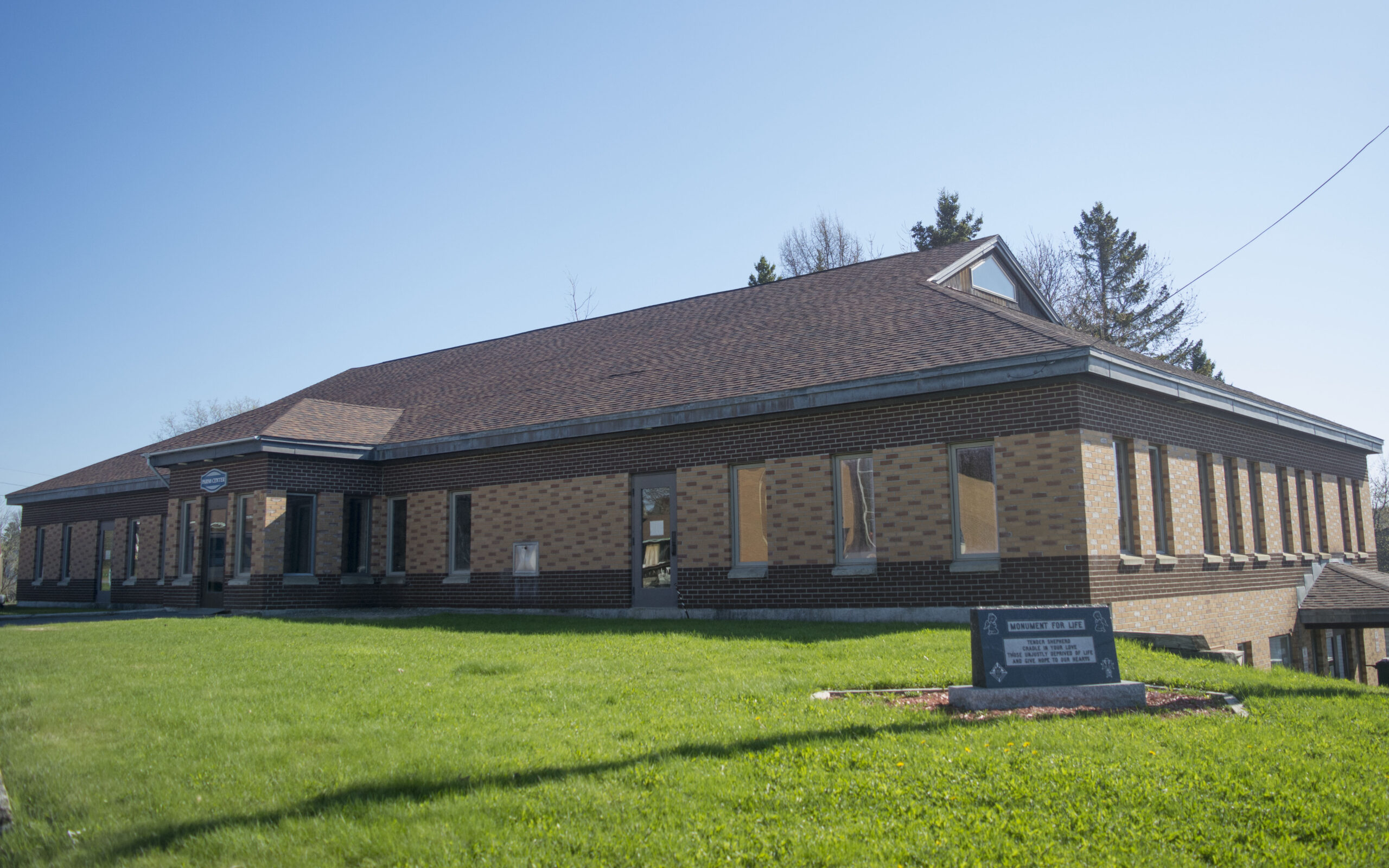
CARIBOU, Maine — The Holy Rosary Church in Caribou on Tuesday hosted a training seminar to teach people of all faiths how to deal with emergencies, from a disruptive individual to an active shooter, inside houses of worship.
Roughly 60 people attended the May 8 session, which ran from 8:30 a.m. to 4 p.m., and covered much of what an individual would need to know if presented with an emergency situation in a church. Two other such sessions are planned at houses of worship in eastern and southern Maine.
The seminar focused on building a plan and being prepared in the event of an emergency, or potentially violent situation, and featured members of the FBI, Maine Emergency Management Agency, the Roman Catholic Diocese of Portland, in addition to U.S. Attorney for Maine Richard Murphy and Halsey Frank, lead federal prosecutor for the state.
FBI Special Agent Aaron Steps, who oversees Maine’s FBI offices, described the “overall situation and gave people a sense of what’s out there,” according to U.S. Attorney Halsey Frank. He said Murphy also described “the legal aspects of what federal and state crimes may apply or arise in a house of worship.”
Officials from MEMA, according to the prosecutor, told guests how to plan for an emergency scenario, and what steps can be taken “in the way of prevention and protection.”
Later in the afternoon, Michael Magalski of the Portland Diocese’s Office of Professional Responsibility, hosted a panel discussion amongst all the participants.
Caribou Police Chief Michael Gahagan participated in the panel, and said he and other officials thought the event went over well.
Of the roughly 60 in attendance, Gahagan said guests included members of churches across The County, including those who work in the congregation, ushers, door greeters, people who collect donations, pastors, and priests.
The session was not prompted by any incident that occurred in Aroostook or Maine.
“The whole premise was that, unfortunately in this day and age, this is what we’re practicing,” Gahagan said. “We live in an area where pretty much everyone knows everybody, but there’s always a, ‘What if?’”
The chief said that, hopefully, the closest a Caribou or County church comes to a disruption is with an individual “who has a substance abuse or mental health issue.”
The event, according to Gahagan, was similar to the ALICE program, which is being taught in schools across the country. ALICE, an acronym for Alert, Lockdown, Inform, Counter, and Evacuate, helps people establish a plan that explores all possibilities in the event that they are in a building with an active shooter or violent individual.
Gahagan said the program helps individuals prepare for a potentially threatening situation, and that “fighting back” is only recommended when no other options remain.
“That last part [fighting back] is a stage,” he said. “If you’re in a situation where you have to do something, what are you going to do? It’s about preparing. When we get snowstorms up here, that’s not the time to start looking for your shovels. You know it’s coming and the shovel is ready. You’re not putting plows on the truck after the storm hits. We go to grocery stores and stock up on water and batteries so we don’t think, ‘Gee, if we only would’ve been prepared.’”
The chief compared the seminar’s focus on planning and preparation to “buying insurance,” adding that it’s something people “hopefully never have to use.”
Similarly, Frank said he hoped the individuals in attendance are never faced with violence in their churches.
The prosecutor added that, in the news, “there seems to be more and more stories about occasions of violence, including in houses of worship,” and that it’s sensible to make sure people are informed and aware of the correct precautions that are necessary.
He said the seminar offered a “combination of information, techniques, strategies, and advice.”
The U.S. attorney said he hoped guests walked away with the knowledge that working together as a group can help ensure safety.
“I think law enforcement is not the only answer to society’s problems, but it is one of the component responses,” he said. “That’s my role. I’m primarily a prosecutor, but all aspects of society have to work together. It’s a group effort, and if everybody plays their part, we can have a safe and productive situation.”
Likewise, Gahagan said he hoped the people in attendance have a clear impression of how to devise an emergency plan, and that they will go back to their respective churches and towns and establish a plan with their local police.
“Getting prepared is something we all need to do,” Gahagan said. “It’s like putting batteries in your flashlight before a storm, so you’re not sitting in the dark when the power goes out. We don’t want to be sitting in the dark when these situations arise.”







